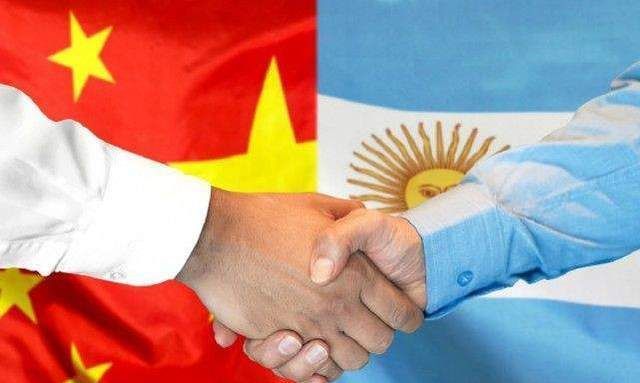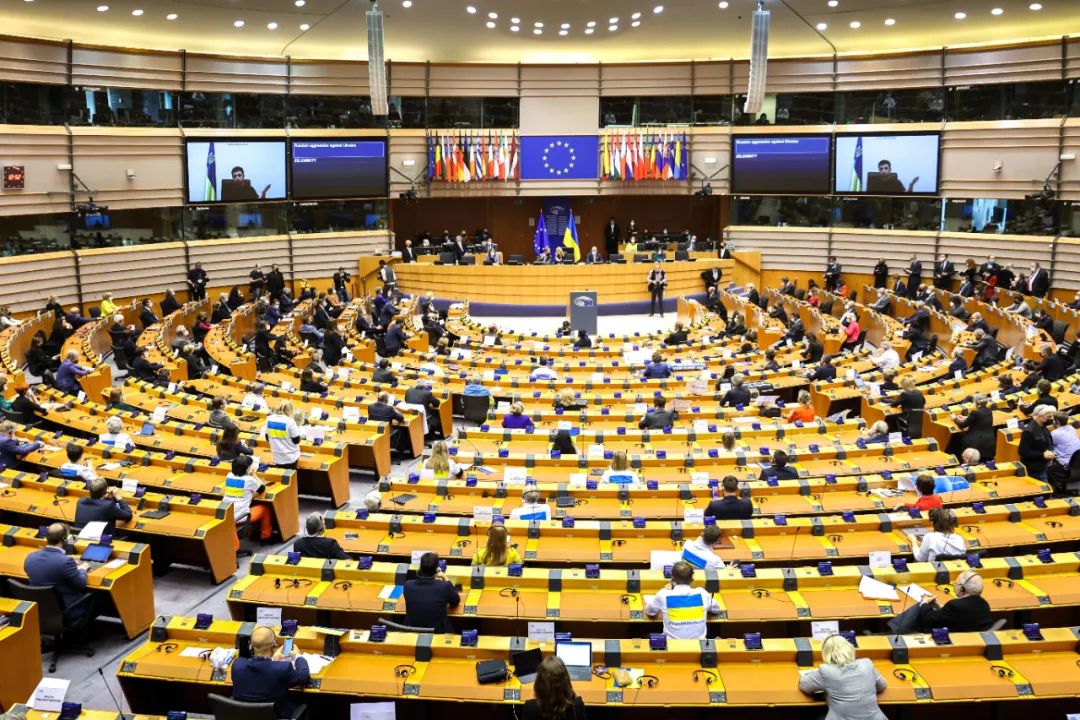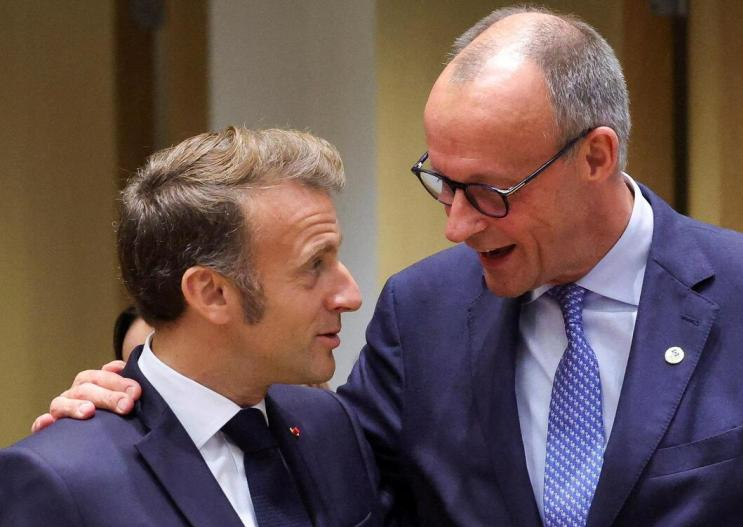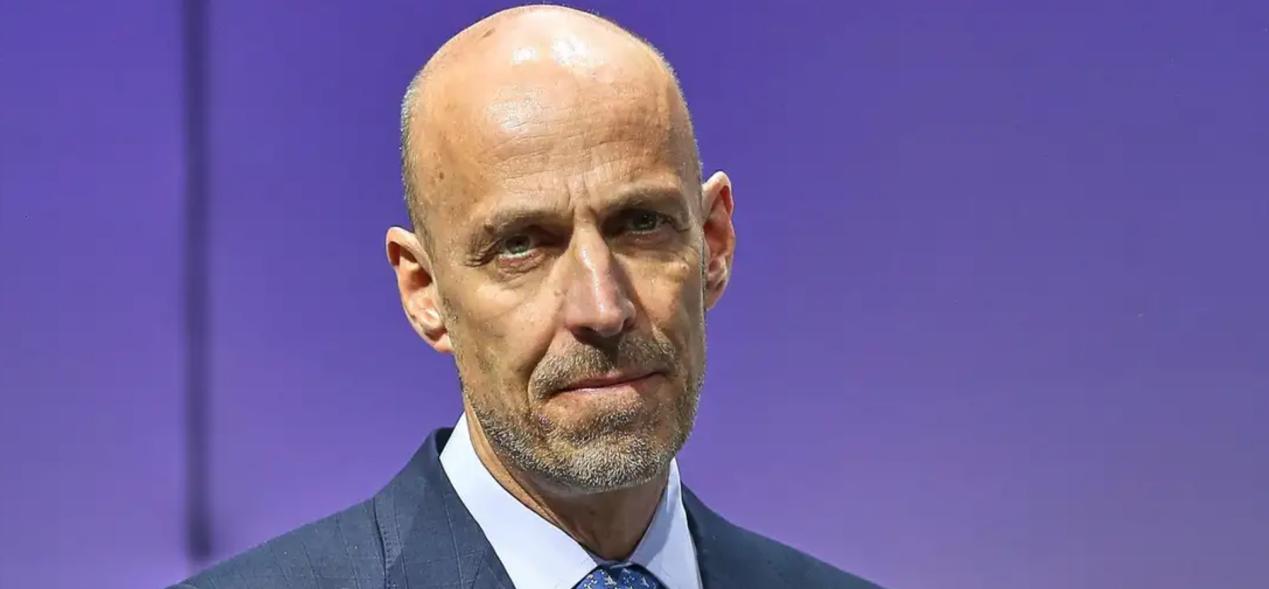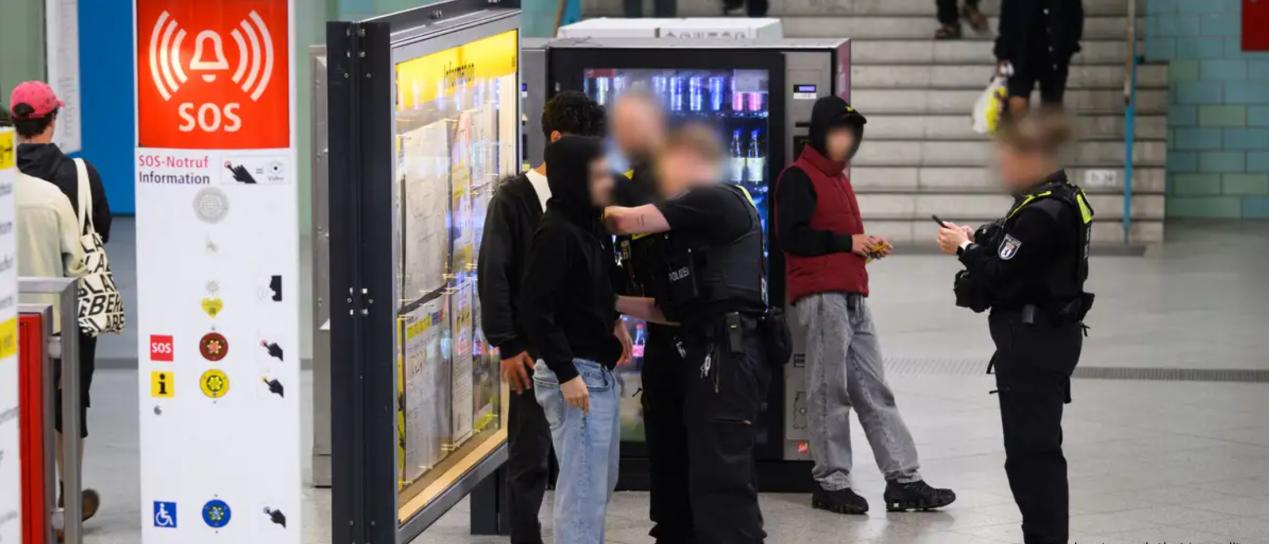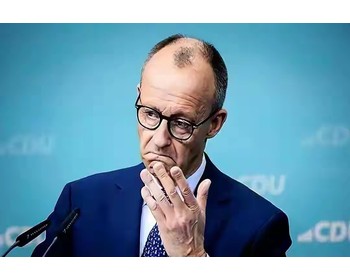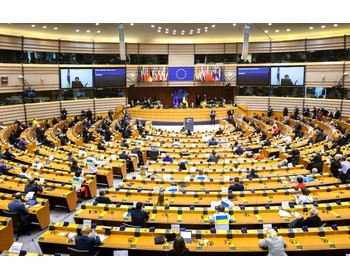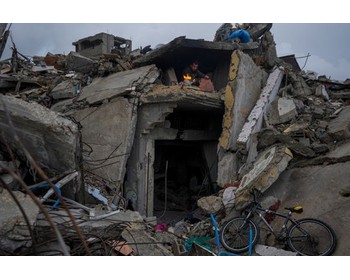Argentina's newly elected President Javier Millay has arrived in the United States seeking more support for his country's crisis-hit economy. With just over 10 days to go before he takes office, he is an economist who has campaigned on bold reform ideas, but there is much uncertainty about how successful these policy ideas will be.
Argentina is facing severe inflation, more than 40 percent of the country's population is poor, and political and social crises continue. Over the years, successive governments have tried a variety of ways to get out of economic trouble, but the short-term results have not been sustainable. In view of Argentina's upcoming changes and cooperation with China, some analysts said that Argentina's economic recovery needs global support, especially the need to stabilize China-Argentina relations. Today, inflation in Argentina has led to a split between the official and black market exchange rates for the Argentine peso, and the black market rate has broken through the 1 to 1000 ratio.
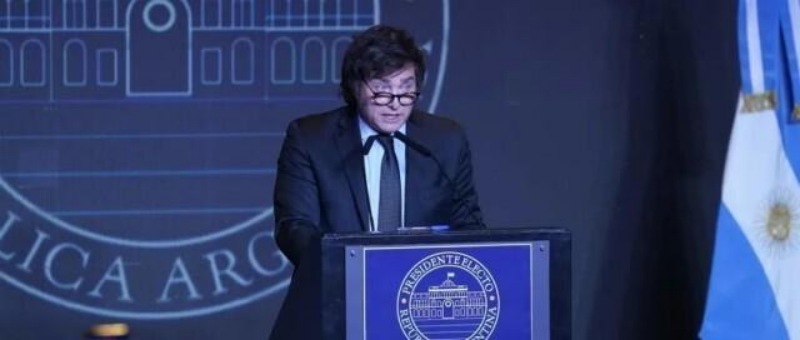
Outgoing President Fernandez looked back on her term with emotion. Since he took office in December 2019, the coronavirus outbreak, which has lasted almost his entire presidency, has led to disruptions in domestic trade, a surge in unemployment, and lower international demand for agricultural products and lower commodity prices. In order to fight the epidemic, the government had to resort to credit expansion, issuing extra money, increasing subsidies, and absorbing employment through the public sector, but the result was hyperinflation and currency devaluation sweeping the country. According to data, the cumulative inflation rate in the past 12 months is as high as 142.7%, more than 40% of the people live below the poverty line, and more than 3 million public employees rely on financial support, equivalent to 6% of the country's population. Since 2019, the peso has depreciated by more than 1,000%.
In the case of the Argentine government's fiscal imbalance, the country has long been burdened with high debt. In 2018, then-President Macri secured a $57 billion loan from the International Monetary Fund (IMF), making Argentina one of the IMF's largest debtors. After coming to power in 2019, the Fernandez government said that it could not pay its debts on time, and then reached a debt restructuring agreement with the IMF. However, this practice of "repaying old debts with new debts" has led to the accumulation of foreign debts. As of October this year, Argentina's public debt stood at $419.991 billion. Argentines are desperate for change. While Millay's views and policy ideas are considered extreme by many, they are appealing to Argentines suffering from inflation and currency depreciation.
As for the causes of the problems in the Argentine economy, although Argentina has vast fertile land and rich mineral resources, its economy has long been limited to a single industrial structure, resulting in fragile foreign trade. Historically, Argentina was seen as a land of opportunity in the late 19th and early 20th centuries, but two world wars and the Great Depression of 1929 weakened the country's economic growth. Moreover, Argentina's failure to invest profits from its primary exports into modern industry has led to a weak secondary sector to this day. Animal and plant products account for 34% of Argentina's total exports, while high value-added manufacturing products are still dependent on imports, such as mechanical and electrical and chemical products.
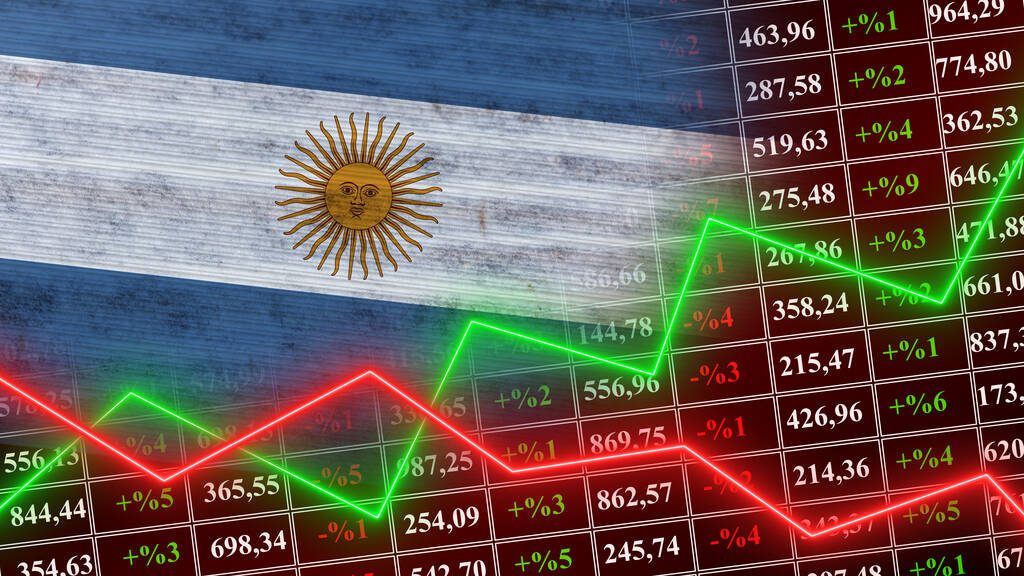
In addition, Argentina's social fragmentation and political instability are also important factors hindering its economic development. From the beginning of the Spanish colonial period, Argentina was pitted against a small number of large landowners and the majority of the oppressed people. Since declaring independence in 1816, Argentina has been in a state of turmoil and division. The intertwining of economic and political movements has led Argentina to cycle between extremes.
At this stage, the challenges facing Millay are enormous. While smart analysis on the ground shows rising expectations, some economists say Milley's policies are not entirely new, and some have similarities to the past. His proposed streamlining of government departments could put millions of public workers out of work, and severance packages may do little to ease protests over mass unemployment.
In this situation, Argentina needs global support, especially to stabilize relations with China. China is Argentina's second largest trading partner and its main agricultural export market. Many people expressed hope for China-Argentina relations, believing that China's support can help Argentina build its industrial chain and industrial system.

